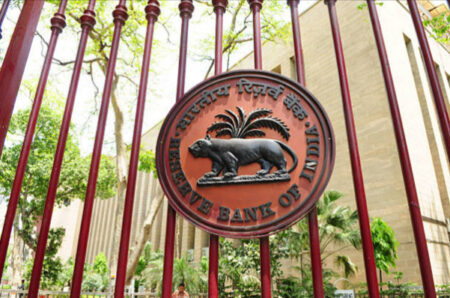The regulation of nine new norms by RBI would start dating from October 1.
To ensure transactions’ security and quality of customer experience, RBI mandated a modification of rules intended for banking transactions and other facilities regulated from October 1.
Out of all, the spotlight is on the auto-debit feature. The construction of this feature purposes towards augmenting transactions. The RBI indicated it as a barricade towards automatic payments associated with utility bills, recharge of phone, DTH, and other utility payments.
As per the apex bank’s directive, the feature needs an Additional Factor of Authentication (AFA) before carrying forward any transaction. This statement referred to the essentiality of customer seal approval, as its non-existence means no money deduction.
In reply, the RBI stated the addition of AFA as a security layering to any transactional process, as the bank primarily aims to protect its customers from fraudulent transactions and enhance their comfort.
A report stated plenty of movement in deadline occurred due to the non-compilation of the apex banks like HDFC Bank, ICICI Banks, and State Bank of India ( SBI), forcing deadline extension by six months.
In a circular, RBI stated that the implementation is in denial even after deadline extension, commencing particular severe concerns.
In addition, RBI named the stakeholder’s delay as a possible push to the rise of customer inconvenience and default at a large scale. In the end, RBI disclosed its launch from the calendar month of October.
Elements of the New rule
The alert of the auto-debit feature is said in a 24-hour early delivery, making the notification reach the customer in 24-hour advance.
The intention behind this is to prioritize customer acknowledgement as, without the customer approval, the bank will not finalize the transaction.
The layer addition makes customer involvement indulge in every transaction, making them sight exit of money from their accounts.
The process also has only one-time registration, making their initial transaction only require the Additional Factor of Authentication(AFA). After the first transaction, customers can perform other functions without any authentication until the validity period, asked during registration.
Through its new OTP limit, the bank can question their customers every time they make a transaction above the limit of Rs 5,000.
For convenience, the customers can optionally choose according to their preference, making them choose at any particular transaction or time to stop the feature.
Utilization of the benefits can be through the use of a pre-debit notification containing a link redirecting towards the portal, from where you can opt out. Mandatory introduction to services is to secure your bank and account funds.
These new norms registration assured non-impact on the mutual funds, Equated monthly instalments (EMI) for loans and SIPs.
Other elements were on pensions, where pensioners submit a life certificate every year to disbursement agencies like banks, post offices, or the Pension won’t initiate.
It also allowed every eligible person ageing above 80 instructed to submit their certificates at Jeevan Praman Centres.
Due to their non-functioning, cheque books of three public sector banks, including Allahabad Bank, Oriental Bank, and Union Bank of India, are set invalid.












